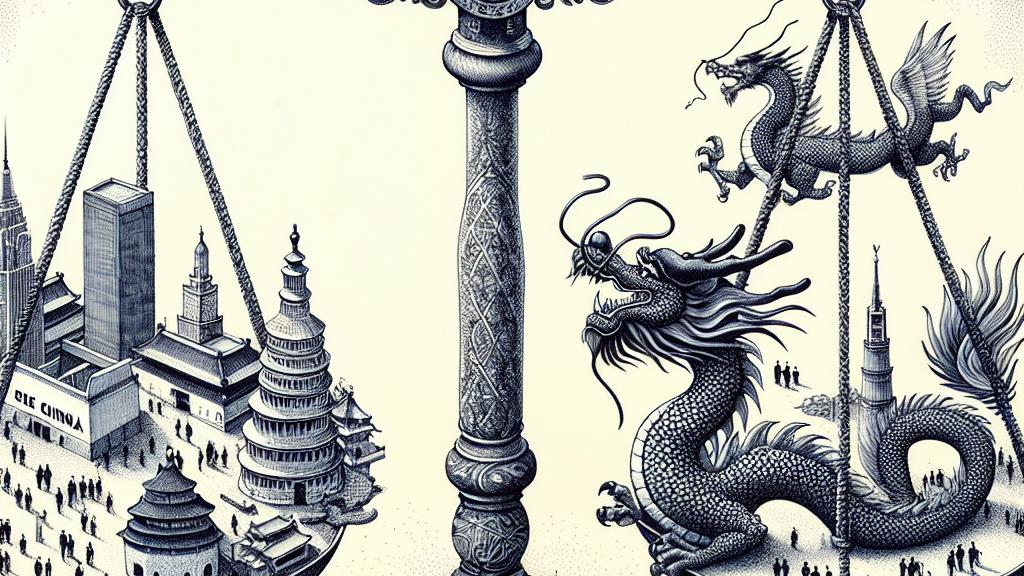How Trump's Policies Could Shift US Alliances Towards China
Overview
- Trump's proposed tariffs could unexpectedly draw US allies closer to China.
- Expert analysis suggests EU-China relations are unlikely to warm significantly soon.
- South Korea may cultivate stronger ties with China under a potential Trump administration.

The Shift in Alliances
Can you believe how geopolitical relationships can shift so dramatically? In the United States, experts are buzzing about the potential impacts of Trump's policies. Take, for instance, the proposed tariffs; analysts like Michael Hirson from the Asia Society argue that these punitive measures could backfire. He mentions how imposing significant tariffs on US allies and trade partners, particularly in Europe, might catalyze a closer alliance between those nations and China. Imagine this: as America raises barriers, countries that previously leaned on the US for support may find solace in the arms of a rising China. This realignment isn't just speculation; it reflects the intricate dance of international politics, where economic pressure frequently reshapes alliances.
Implications for China-EU Relations
Diving deeper into the relationship between China and Europe unveils a fascinating narrative. While some may envision a thaw in China-EU relations, Hirson points out a sobering reality: such improvement appears distant, particularly given the current geopolitical climate. As US trade tactics create unease and uncertainty, EU nations tread carefully in their interactions with China. Picture countries weighing their options—on one hand, the allure of economic collaboration with China; on the other, the historical complexity of their relationship with the US. This tension creates a compelling landscape where decisions are made not just on economic grounds, but also amidst fears of compromised independence. Thus, the question arises: how will Europe navigate this precarious terrain as they seek balanced relations with both superpowers?
Southeast Asia's Position
Shifting our attention to Southeast Asia, the implications of these dynamics become even more intriguing. Analysts, including Sungmin Cho, are optimistic about the prospective relationship between China and South Korea if Trump retakes the presidency. With historical ties and economic interdependence as a backdrop, South Korea might seize this opportunity to strengthen its partnerships with China, diversifying its diplomatic portfolio. Imagine South Korea engaging in dialogue with China on technological advancements, cultural exchanges, and trade agreements while balancing its commitments to the US. Furthermore, this pivot could lead to a significant reshaping of regional alliances, illustrating how fluid and dynamic the international landscape can be. Hence, as nations scramble to adapt to shifting power dynamics, one can't help but wonder how these new collaborations will redefine global relations.

Loading...